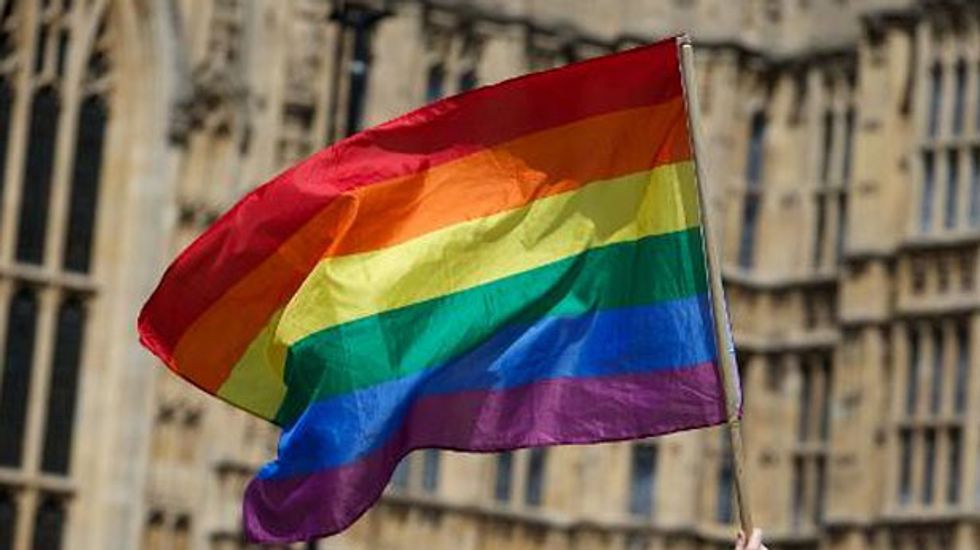
One Monday, the Supreme Court declined to hear a case arguing against California's ban on reparative therapy for LGBT minors.
"Reparative therapy" -- also known as "conversion therapy" or "ex-gay therapy" -- refers to a range of therapeutic practices that attempt to "fix" homosexual and transgender youths.
The American Psychiatric Association condemns any "psychiatric treatment, such as reparative or conversion therapy which is based upon the assumption that homosexuality per se is a mental disorder or based upon the a priori assumption that the patient should change his/her sexual homosexual orientation."
In September of 2012, the California legislature acted upon that condemnation and prohibited licensed counselors and therapists from attempting to change the sexual orientation or gender identity of LGBT minors.
The Liberty Counsel and the National Association for the Research and Treatment of Homosexuality claimed that because the practice involves "talk therapy," it is protected by the First Amendment.
Last August, the United States Ninth Circuit Court of Appeals rejected that logic.
“California has authority to prohibit licensed mental health providers from administering therapies that the legislature has deemed harmful, and the fact that speech may be used to carry out those therapies does not turn the prohibitions of conduct into prohibitions of speech,” Circuit Judge Susan Graber said.
“The panel further concluded that the First Amendment does not prevent a state from regulating treatment even when that treatment is performed through speech alone.”
By refusing to hear the case, the Supreme Court tacitly agreed with the lower court's ruling.
Equality California Executive Director-Elect Rick Zbur said that "the Supreme Court’s decision to let Senate Bill 1172 protect our LGBT youth is a major step forward for California and our nation. We are proud to live in the first state to protect young people from the lifelong damage caused by these horrific practices. We thank Sen. Ted Lieu for authoring this bill, Speaker Emeritus John A. Pérez for his bold leadership in helping to get the law passed, and Gov. Jerry Brown for signing it into law.”



